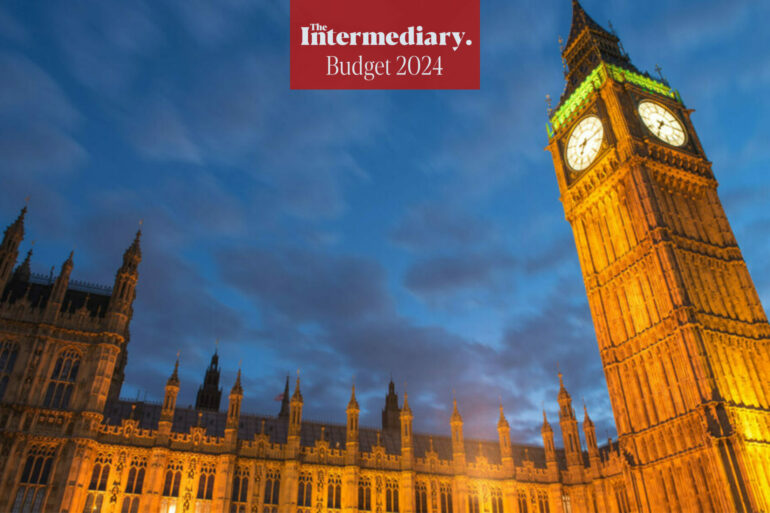Property activity is expected to strengthen over the next 12 months, primarily due to reductions in average mortgage rates, regardless of the outcomes from this week’s Autumn Budget, according to Octane Capital.
Jonathan Samuels, CEO of Octane Capital, noted that lenders are currently hesitating to compete aggressively on mortgage rates because of uncertainty surrounding the Budget announcement.
Investors are particularly concerned about a potential change to Capital Gains Tax (CGT), with Chancellor Rachel Reeves rumoured to consider increasing it from 24% to 40% for higher rate taxpayers.
However, changes may exclude property, providing some relief for buy-to-let investors.
Other tax considerations include Inheritance Tax, currently at 40% for estates valued over £325,000.
If Labour does not intervene, higher Stamp Duty thresholds will revert to previous levels in April 2025, with the nil band dropping from £250,000 to £125,000, and from £425,000 to £300,000 for first-time buyers.
Should the Government decide to maintain the current Stamp Duty rates, increased activity is expected ahead of the 2025 deadline.
The market anticipates that the Bank of England will lower the base rate from 5% to 4.75% in November, as the CPI inflation rate fell to 1.7% in September, below the Bank’s target of 2%.
The average mortgage rate was 4.87% in September for an 85% loan-to-value (LTV) 2-year fixed-rate mortgage, but economists have predicted a significant decline in rates over the next year.
Research consultancy Capital Economics suggested that average interest rates could drop to 4% by the end of next year, while Goldman Sachs predicted a more optimistic rate of 3%.
Taking the average of both forecasts, monthly mortgage payments could decrease by around £150 for those purchasing an average-priced property with an 85% LTV mortgage.
Samuels said: “Investors are worried about the impact of this week’s Budget, largely stoked by the government’s talk of a ‘£22 billion black hole’ in public finances that they need to fix.
“With this in mind, mortgage lenders are waiting to see how the government’s announcement alters the market before they start dropping rates to gain market share.
“Obviously we hope Labour keeps tax increases to a minimum, but regardless of what happens the fundamentals of the market are getting stronger all the time.
“Landlords are making steady profits, tenant demand is as fierce as ever, and mortgage rates should start falling once the Budget is done – easing the burden on the nation’s investors as we move into 2025.”



